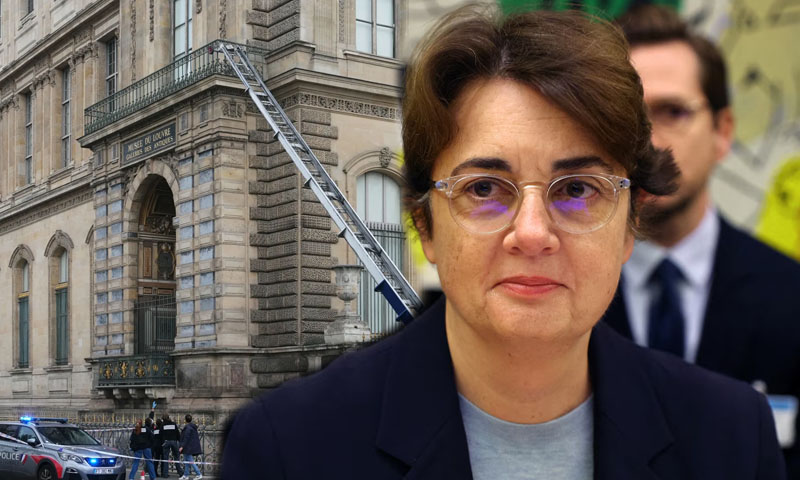- Web
- 10 Hours ago
UN commemorates 1995 Bosnian genocide in Srebrenica
-

- Web Desk
- May 24, 2024

NEW YORK: The United Nations General Assembly (UNGA) approved a resolution on Thursday to establish an annual day of remembrance for the 1995 Bosnian genocide at Srebrenica.
The resolution faced strong opposition from Serbs, who argue that such a commemoration could unjustly label all Serbs as supporters of genocide.
Read more: Bosnia top court president, ex-spy chief arrested for suspected corruption
The resolution passed with a vote of 84-19 in the 193-member UN General Assembly, while 68 countries abstained. The high number of abstentions was attributed to apprehensions from many regarding the potential impact of the resolution on reconciliation efforts in Bosnia between Bosnian Serbs and ethnic Bosniaks.
The 1995 Srebrenica massacre is recognised as the worst atrocity in Europe since World War II. It occurred in July 1995 during the Bosnian War and primarily targeted Bosniak Muslims.
While part of the wider breakup of Yugoslavia, the Srebrenica massacre stands out as one of the most brutal events. Mass killings, ethnic cleansing, sexual violence, and forced displacement of millions of Bosniaks occured.
Over 8,000 Bosniak men and boys were systematically killed by Bosnian Serb forces from July 11 till July 22, 1995 even though they were under the protection of Dutch peacekeepers.
The brutal massacre was declared a genocide by international courts, including the International Criminal Tribunal for the former Yugoslavia (ICTY) and the International Court of Justice (ICJ).
The massacre is attributed to simmering ethnic tensions exacerbated by political and territorial disputes in the former Yugoslavia. Bosnian Serb leaders including Radovan Karadžić and Ratko Mladić pursued a campaign to create an “ethnically pure Serbian state” within Bosnia and Herzegovina.
The campaign involved widespread atrocities against Bosniaks and even Bosnian Croats.
Read more: Bosnia arrest man suspected of Islamic State attack plan
The international community was severely criticised for its delayed response and inability to prevent the genocide despite early warning signs. The UN hopes that by remembering and acknowledging the Srebrenica genocide, it will not only honour the victims and survivors but also lead to reconciliation efforts in the future.




